Next generation Track & Trace
Maximize your digital supply chain automation and pass your serialization journey as smooth as possible with a leader platform in Track & Trace automation.
Comply with industry regulations
Digitise supply chain traceability
Gain insights from supply chain data
Boost consumers' engagement
Pharmacy
Food supplements
Dairy products
Medical devices
Tires
Foods and beverages
A comprehensive package of products to meet your Track & Trace challenges
Utrace provides its solutions to leading brands in multiple markets and sectors, supporting their serialisation and traceability needs worldwide.
Utrace HUB
The most automated L4 cloud solution for complex labeling management in the pharmaceutical industry
Read more
Utrace Touch
An easy way to interact with the end consumer for direct involvement in loyalty programs through a mobile application
Read more
Utrace Analytics
Analytical platform for making data-driven decisions based on monitoring of medicines movement data
Read more
A highly automated L4 Cloud solution to manage full track & trace processes of products
- A multi-stage data validation system eliminates errors in alerts to the regulator
- Microservice architecture and geo-reserved Azure cloud services ensures the 99.9% system fault tolerance and reliability
- The solution easily embeds to current IT supply chain landscape and integrates with popular L2, L3, L4, Usolutions and ERP systems (Wipotec OCS, Syntegon L2, ARC L3, SAP ATT, Tracelink and others)
- Decentralised country-specific engines Utrace Cloud L4 provides fast, stable and efficient connection to Governmental Verification systems: EMVS, MDLP, IS MPT, GIS MT, IS MPT, ASL BELGISI and others.
Utrace HUB
A solution that allows you to increase brand confidence, customize personalized content for each customer and evaluate the effectiveness of marketing communications.
- Utrace Touch recognizes Data matrix code for end customers and helps to receive extra benefit from the DM code for mandatory labeling.
- The solution provides easy interaction with end customers, increasing their brand loyalty through popular messengers or your own application.
- The data about labeled products can be integrated with the corporate web page
Utrace Touch (D2C)
Make the right data-driven decisions based on the drugs monitoring information system and get detailed data on serialized products with the Utrace Analytics solution.
- Utrace Analytics helps to calculate daily balances, sales of all products and distribution index, visualizing data with dashboards and analytical scenarios.
- The system is designed and ready to be implemented in accordance with international standards GS1, EPCIS, GXP and GAMP 5.
Utrace Analytics
Store all data in decentralised data centers with 99,9% fault-tolerance
Safety
Boost your supply chain performance exponentially in seconds
Unlimited scalability
Run solutions right away in the cloud without being tied to virtual machines
Flexibility
Customized traceability platform powered by Microsoft Azure
What can we do for you? Managed services
Consulting
We use waterfall, agile and mixed approaches to achieve the most suitable implementation process for our client.
Hypercare support
We take an exclusive path to adaptation after the implementation project, offering a high-level of customer care every step of the way.
Customer Excellence Center
We increase your target aptitude of system management, and we take on non-core competencies.
- Successful path of serialization from the moment of business process analysis
- Сreation of URS till post-Go-Live support
- Industry-specific expertise
- Effective support for track & trace systems of any complexibility
- Complete end-to-end support
- Multilingual support availability up to 24/7
- Increase your target system management competencies
- Flexible reporting and visualization system
- 99,9% fault-tolerance
- Comprehensive consulting services
- 100% сompliance with project deadlines
- 90+ experts in the field of Track & Trace
- Evaluating the impact of changes on your regular operations
- Maintaining your data integrity
- Performing the necessary manual work
- Serialization Talks
- Trainings by a team of experts in working with Utrace
- Workshops and webinars
Our clients choose us for our reliability. These leading companies perceive our efficiency of T&T processes and recognise the closely connected quality of services which are required for a continuous fruitful journey of the platform.
The products trusted by worldwide leaders


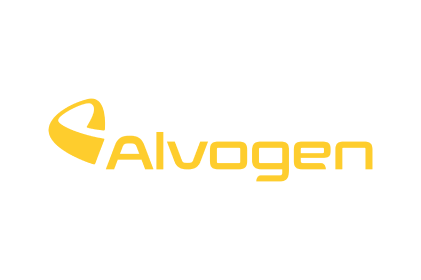






















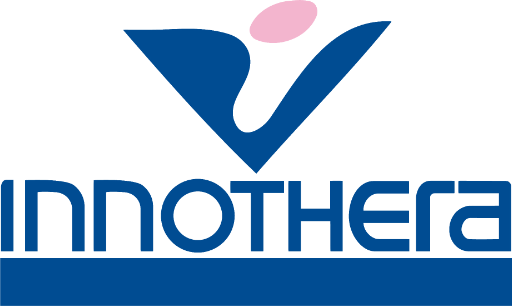




Who we are?
Our unique synergy of product development and implementation services helps us bring clients the maximum benefits from our innovative Cloud solutions to our excellent delivery.
Vendor
• 50+ clients
• 90+ experts
• 24/7 support
• Managed services
• 90+ experts
• 24/7 support
• Managed services
We invest in our product. Thus, the degree of the automation is 2-5х higher than any other Track and Trace platform.
• 99% fault-tolerance
• GS1, EPCIS standards
• CyberVadis approved
• 2B+ serial numbers
• GS1, EPCIS standards
• CyberVadis approved
• 2B+ serial numbers
Our managed services with combination of agile and waterfall approaches help our clients achieve 100% success-rate.
Integrator
Why leaders work with us?
Focus on real experience
We try to constantly improve the product according to real-time analysis of its deviations, disruptions and exceptions.
Our UI/UX optimisation for the product is based on real end users experience.
Cost-efficient solutions
All new functionality is included in the subscription price.
Best-practices of 30+ completed projects for market leaders are included in Utrace solutions and allow a reduction in adaptation efforts.
An abundance of connectors for most accounting systems and 3PL operators.
Compliance
High-quality management based on the results of a supplier audit for GxP compliance.
GS1 EPCIS standards
CyberVadis, H-isac approved.
Modern R&D capability: Fast reaction to changes of SaaS solution with regular updates due to full regulatory compliance.
Our collaboration with trusted partners encourages a successful jouney for our clients.
Our partners
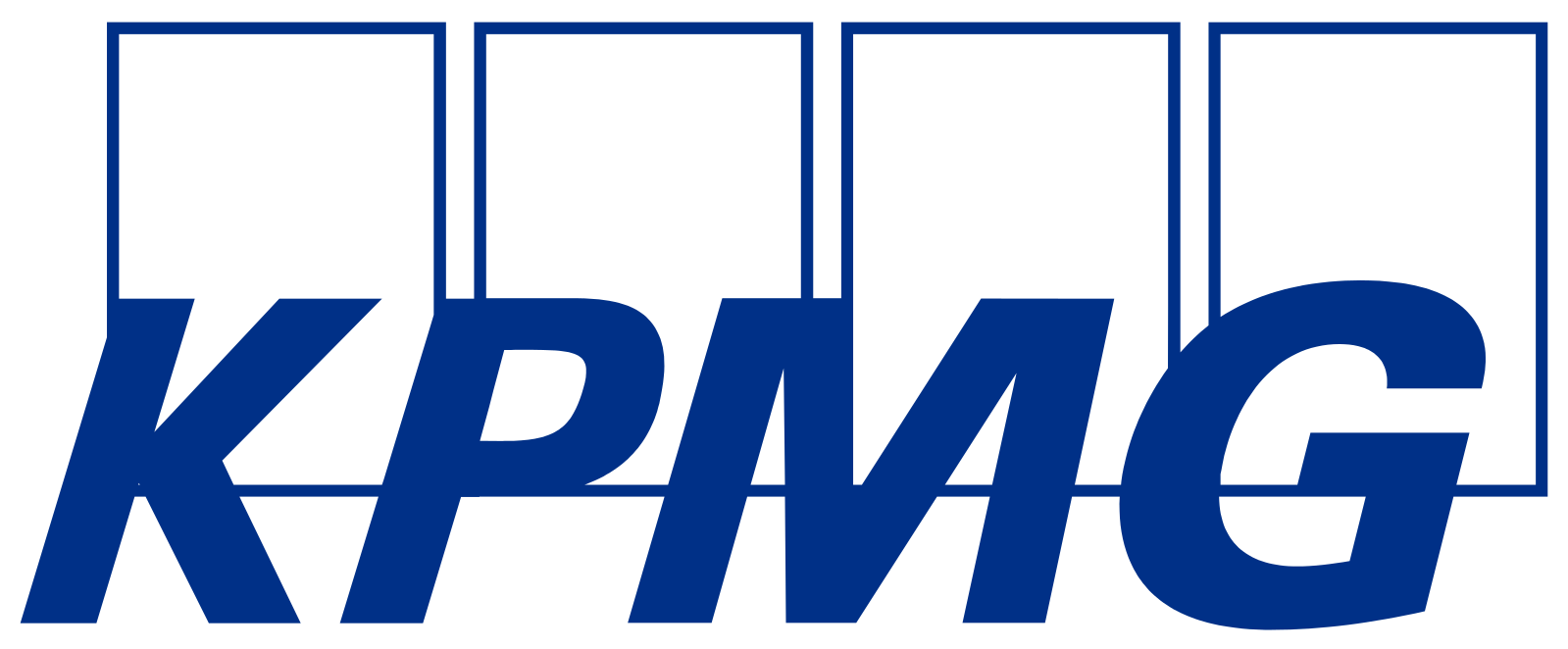







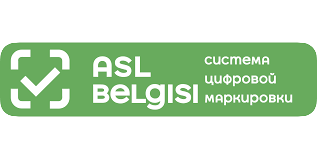
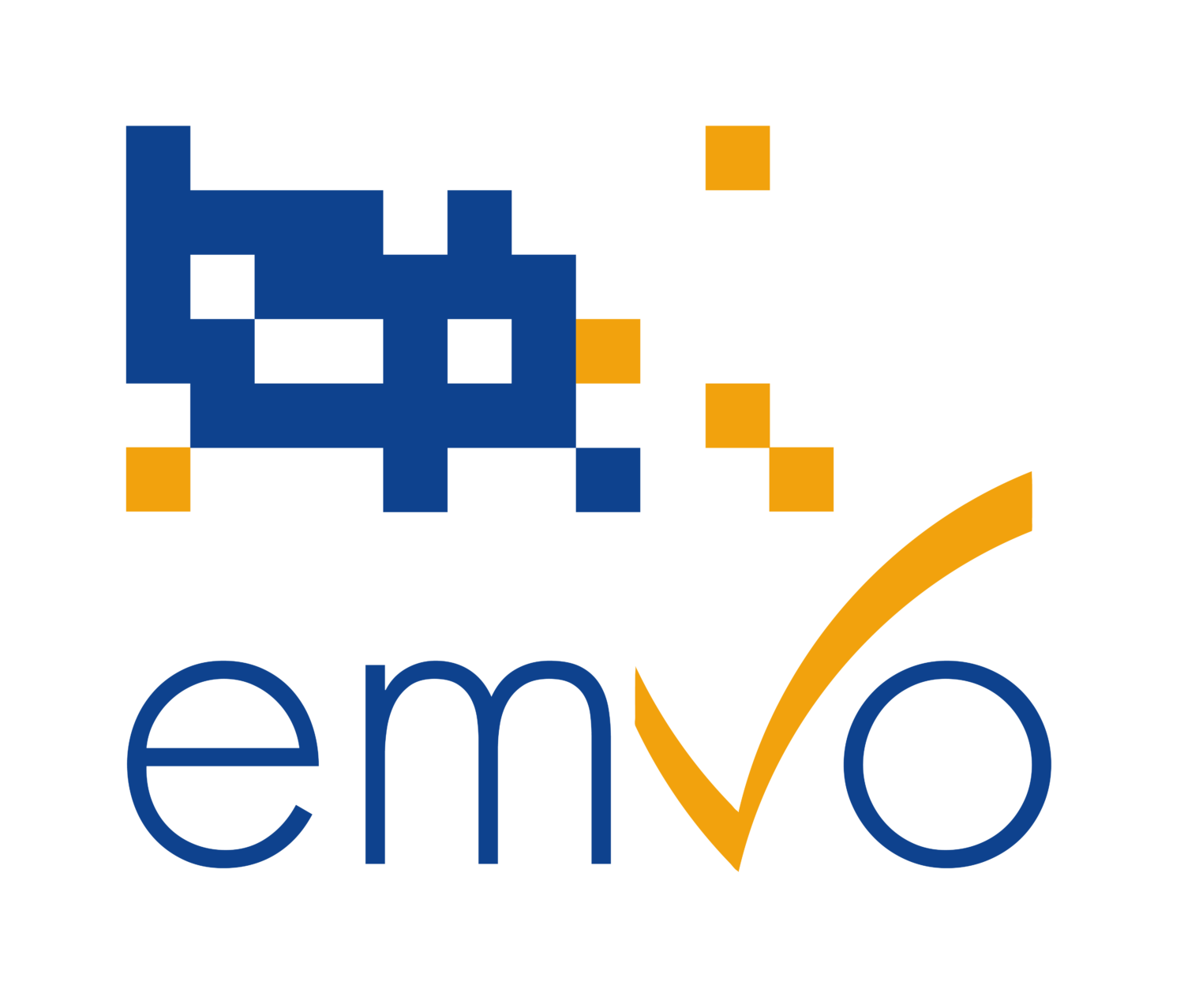


Everything you want to know about Track&Trace
We pay 60% of attention on 20% of exceptions
This assist us in increasing the degree of automation of our products
We are focused on non-standard processes and exceptions using process mining. It allows us to promptly find points of optimisation and observe the results in just a few days.
We can develop any platform on the principles of SaaS where the subscription includes continuous business improvements.
The Utrace platform is developed on the principle of decentralised systems. It allows achieving maximum level of business processes automation and reducing the time-to-market cycle of updating the platform in response to new requirements.
Our value - Corporate Sustainability & Social Responsibility (CSR)
At Utrace, our main goal is not only to protect brand reputation but to actively take part in preserving our planet. We are proud to follow Sustainable Development Goals (SDG) to achieve a better and a more sustainable future.
We aim to shed light on environment-friendly solutions which expand access and elucidate all the possibilities moving forward. We emphasise track and trace technology which provides supply chain visibility to business decision-making, helps companies comply with legal requirements, and reduces the risk of counterfeiting.
We believe that it is our corporate social responsibility to support, connect and push boundaries. Beyond complying with government regulations, Utrace supply chain traceability technologies bring speed, efficiency, flexibility, and reliability across the entire value chain — and, ultimately, ensures that every customer gets the products they need and when they need them, safely and securely. Let's shape a sustainable future together!
We aim to shed light on environment-friendly solutions which expand access and elucidate all the possibilities moving forward. We emphasise track and trace technology which provides supply chain visibility to business decision-making, helps companies comply with legal requirements, and reduces the risk of counterfeiting.
We believe that it is our corporate social responsibility to support, connect and push boundaries. Beyond complying with government regulations, Utrace supply chain traceability technologies bring speed, efficiency, flexibility, and reliability across the entire value chain — and, ultimately, ensures that every customer gets the products they need and when they need them, safely and securely. Let's shape a sustainable future together!

THE END-TO-END TRANSPARENCY OF SUPPLY CHAIN
Achieve regulatory compliance, optimise operational efficiency and create actionable data-driven insights
Recycling
Raw materials
Production

Packaging

Warehouse

Logistics

Retail

End user


Adding value at every step of your supply chain by increasing operational efficiency.
Check out the latest news!
Our events
October 18th, 2022
Indonesia: from batch Identification to Full Track&Trace
On September 29, at 11:00 WIB (GMT+7) Jakarta, we will talk about serialization of medicines in Indonesia: What does this mean for every market participant? What will be changed in business processes? How to choose the software? How to successfully prepare your business to the new requirements? How will the cost of processes increase?

Schedule your call with Utrace founder!
Get your answers to picture Track&Trace system fully.

Are you satisfied with the cost of your current solution and its outcomes?
Give us 30 minutes to advise you on the Track&Trace solution most efficient for you.
Content Oriented Web
Make great presentations, longreads, and landing pages, as well as photo stories, blogs, lookbooks, and all other kinds of content oriented projects.
Utrace decentralised approach
Globalisation, a naturally existing entity of any large business, together with online promotion and sales channels, has bestowed almost unlimited goods access to all markets. Alas, the rise of dishonourable competition requires protection of brand interests and a necessary quality confirmation for the end-consumer. This stemmed an emergence of intercorporate methods of goods security, focusing on falsification control by utilising complex systems that verify each unit.
As a result, international companies face a new challenge - maintaining growth rates and market share together with rapid adaptation and compliance to ever-changing regulations. Today, the successful implementation experience in the pharmaceutical industry is starting to be applied everywhere else, from food supplements to dairy and bottled water. Therefore, the best solution here is to build an advanced network of Track & Trace systems to complement the existing supply chain.
Our cloud-based solution, Utrace Cloud L4, is responsible for serialisation and tracing, and is implemented on the principles of decentralised Track & Trace. Through its development, we analysed the existing approaches and customer experience and concluded that most systems are not ideal as they are built on the basis of a single root processing core and the surrounding service functionality. This approach is typical for enterprises, but comes with expected disadvantages, such as over-complexity due to growth of internal connections and the obligation to consider "neighbouring" functionality, the increased impacts caused by new requirements, and the tedious and expensive regression testing cycle. Consequently, customers are faced with lengthy implementations, a slowdown in the delivery of country-specific functionality, and thus, the risks of regulatory violations.
Utrace develops and deploys microservice architecture, allowing for product unity and uniformity, while keeping operations isolated and logistically reflected in their domestic engines. Accordingly, with a soar of unique international regulations toward a particular product group, the overall complexity of the solution does not increase vertically, and the requirements are exhibited in the horizontal growth of architecture and the emergence of new microservices.
This technology is designed to manage each building block separately, allowing it to be developed speedily and skillfully. Such architecture is also beneficial for the possibility of distributed deployment, enabling certain microservices to be located in both different data centres and host providers. This is apt for countries where encryption algorithms to identify goods and electronic signing regulations of legal documents are in force, which together prohibit the placement of sensitive elements of corporate systems outside the country.
As a result, international companies face a new challenge - maintaining growth rates and market share together with rapid adaptation and compliance to ever-changing regulations. Today, the successful implementation experience in the pharmaceutical industry is starting to be applied everywhere else, from food supplements to dairy and bottled water. Therefore, the best solution here is to build an advanced network of Track & Trace systems to complement the existing supply chain.
Our cloud-based solution, Utrace Cloud L4, is responsible for serialisation and tracing, and is implemented on the principles of decentralised Track & Trace. Through its development, we analysed the existing approaches and customer experience and concluded that most systems are not ideal as they are built on the basis of a single root processing core and the surrounding service functionality. This approach is typical for enterprises, but comes with expected disadvantages, such as over-complexity due to growth of internal connections and the obligation to consider "neighbouring" functionality, the increased impacts caused by new requirements, and the tedious and expensive regression testing cycle. Consequently, customers are faced with lengthy implementations, a slowdown in the delivery of country-specific functionality, and thus, the risks of regulatory violations.
Utrace develops and deploys microservice architecture, allowing for product unity and uniformity, while keeping operations isolated and logistically reflected in their domestic engines. Accordingly, with a soar of unique international regulations toward a particular product group, the overall complexity of the solution does not increase vertically, and the requirements are exhibited in the horizontal growth of architecture and the emergence of new microservices.
This technology is designed to manage each building block separately, allowing it to be developed speedily and skillfully. Such architecture is also beneficial for the possibility of distributed deployment, enabling certain microservices to be located in both different data centres and host providers. This is apt for countries where encryption algorithms to identify goods and electronic signing regulations of legal documents are in force, which together prohibit the placement of sensitive elements of corporate systems outside the country.

